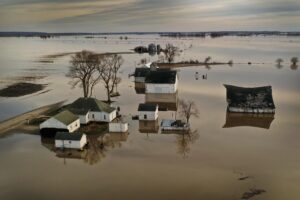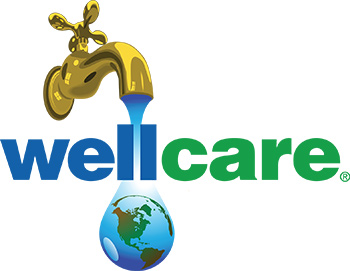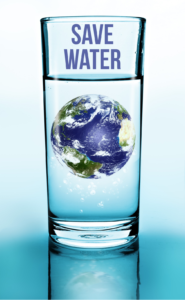Emergencies & Disasters

The official Atlantic hurricane season starts June 1st and ends November 30th. In the eastern North Pacific, the official season started May 15th and ends November 30th. Tornadoes, flooding, severe thunderstorms, and wildfires can also occur throughout the summer. We want to make sure you are ready for anything mother nature sends your way.
Our Emergencies page on our website has everything you need before and after storms hit. View our wellcare® information sheets including our Emergencies & Disasters and Wells, videos, and use the interactive map to access agencies and well professionals within your state or province that can help.
The wellcare® Hotline can also help! Our water well experts are available to answer your questions and provide you with any information you need to maintain a safe water well supply. Contact us by calling 888-395-1033, send us an email, or chat with us live. The Hotline is available Monday-Friday from 10 a.m. until 5 p.m. ET.
Managing a Flooded Well

If you live in an area that experiences floods, your water well may be in danger of contamination from pollutants carried by flood water or at risk of shock from water-logged well equipment.
Here are some immediate steps you should follow after a flood:
- Do not drink or wash with your well water. You could get sick from contaminants washed into the well by the flood.
- Do not turn on the well pump. There is a danger of electrical shock and damage to your well or pump if they were flooded.
- Contact your water well contractor for help in dealing with the impacts of the flood on your water quality and well system.
Read more about Managing a Flooded Well.
You should suspect water contamination any time your well casing becomes flooded. For instance, if your well is shallow and you are near areas that have been flooded, if you notice a change in taste or color of your water, or there is sediment in your water. Testing your water is the only way to ensure your water is safe. Learn more about water testing.



